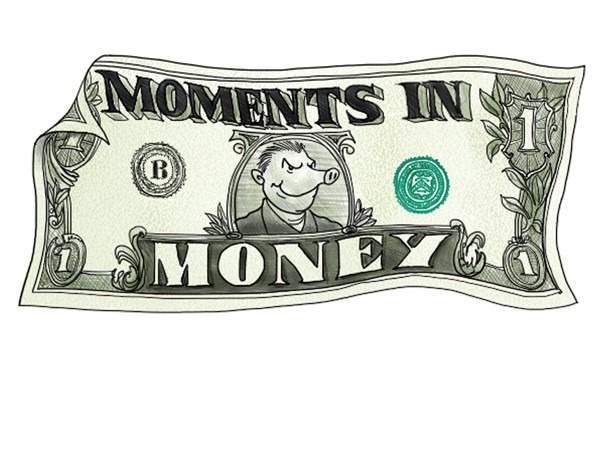
When it comes to interest, the ‘normal’ you might want to return to probably doesn’t exist
Interest rates are increasingly becoming like Manchester United: instead of asking when they might ‘recover’, it’s probably a better idea to ask just how low they can go.
The coronavirus crisis might have forced the Bank of England to take the base rate down to a record low of just 0.1 per cent, but a glance at the history of interest makes it seem slightly less surprising. That’s because base rates have been falling in a remarkably consistent fashion since the 14th century.
Research from Paul Schmelzing, a visiting professor at the Bank of England, pools together everything from Holy Roman Empire municipal loans to Medici bank balance sheets and Edward III’s borrowing. Tracing back rates to 13 per cent in the early 14th century, he finds a ‘suprasecular’ decline over seven centuries.
What does this all mean? Schmelzing points to the Black Death (1347-51), where, faced with tragedy, mankind embarked on a frenzied century where ‘consumerism abounded’. Large funds were diverted away from debt markets as a result, until authorities ushered in a wave of sumptuary legislation at the turn of the 15th century.
This is where the decline starts. By the time of the great bullion famine of 1457-64, when Europe was hit by precious metal shortages, defl ation is added to the mix. While the overall base rate trend points downward from there, there are occasional spikes – the Napoleonic wars, the great depression, oil shocks and other macroevents caused peaks and troughs. Spear’s readers who remember base rates of 10 per cent in the Seventies and 5 per cent in the Nineties may even feel a twinge of nostalgia.
Indeed, murmurs out of Threadneedle Street suggest that we might be heading into sub-zero territory. A savings account has never looked less appealing. The lasting lesson, then, is that when it comes to interest, the ‘normal’ you might want to return to probably doesn’t exist.
More Moments in Money
Moments in Money: The first gilt
Moments in money: The world’s first stock market
Moments in Money: The first bank






